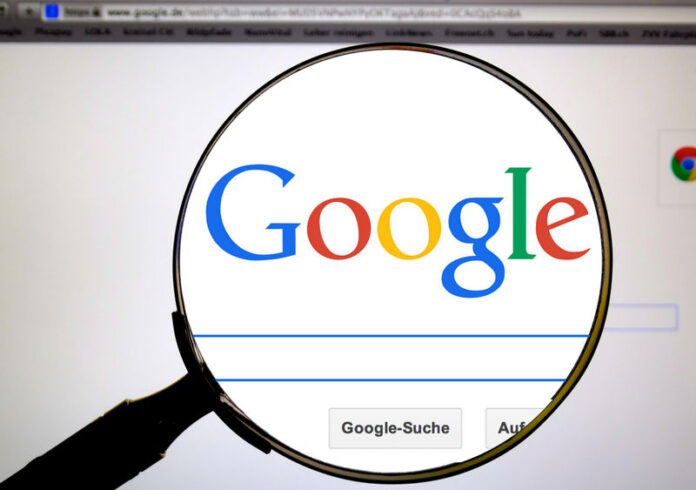Bing and Google are two of the most popular search engines available today. While both serve the same fundamental purpose, which is to help users find information online, there are significant differences between the two. In this article, we will compare Bing and Google in terms of search experience, user interface, search results, search algorithms, privacy, and additional features.
Search Experience:
Both Bing and Google have developed their search engines to provide an intuitive and user-friendly experience. Google is known for its minimalistic approach, with a focus on presenting search results quickly. Bing, on the other hand, has a visually appealing homepage that showcases a high-resolution image with intriguing facts.
User Interface:
When it comes to user interface, both search engines have distinctive styles. Google has a clean and simple design, with a logo, search box, and a few additional options. Bing’s homepage, as mentioned earlier, features a beautiful image, but it also includes news headlines, trivia, trending images, and links to notable events. This extra information can be a positive aspect for some users, while others may find it distracting.
Search Results:
The primary goal of a search engine is to provide relevant and accurate search results. Google is often praised for the accuracy and comprehensiveness of its results. It utilizes a complex algorithm that takes into account various ranking factors such as keywords, website quality, and user behavior. The search results on Google are usually displayed in a list format.
Bing, while not as widely used as Google, has made significant improvements in search results over the years. It aims to provide visually immersive search experiences and often includes more multimedia content, such as images, videos, and maps, directly on the search results page. These additional elements can be beneficial for users seeking visual information.
Search Algorithms:
Both Bing and Google have their algorithms to determine the order and relevancy of search results. Google’s algorithm is based on backlink analysis, keyword relevance, and machine learning through RankBrain. It also factors in user behavior, such as click-through rates and bounce rates, to improve result accuracy.
Bing focuses on digital personalization and social integration. It considers the user’s search history, location, and social media engagement to provide more personalized results. Bing also collaborates with various partners (e.g., Yahoo, AOL) to supplement its search results.
Privacy:
Privacy has become a significant concern for users in recent years. Google has faced criticism for its data collection practices, as it tracks user activity to provide personalized ads. However, Google offers several privacy settings that allow users to control the extent of data collection.
Bing, on the other hand, has positioned itself as a more privacy-friendly alternative. It emphasizes that it doesn’t track individual users and has limited data collection practices. Bing provides an option to delete search history and offers an encrypted search (https) option.
Additional Features:
Both search engines offer a range of additional features to enhance user experience. Google’s features include Google Maps, Google Knowledge Graph, Google Images, Google News, Google Translate, and more. These tools provide users with quick access to information without leaving the search engine.
Bing, on the other hand, offers unique features like Bing Visual Search and Bing Rewards. Bing Visual Search allows users to search by uploading a picture or specific characteristics, making it useful for shopping and identifying objects. Bing Rewards is a loyalty program where users can earn points for using the search engine and redeem them for various rewards.
Market Share:
Google has been the dominant player in the search engine market for quite some time. It holds the majority of the market share, with estimates often ranging from 60% to 90%. Bing is considered the second-largest search engine but trails significantly behind Google, typically holding approximately 5-10% market share.
Conclusion:
In conclusion, both Bing and Google offer powerful search engines, each with their strengths and weaknesses. Google excels in accuracy, fast results, and a minimalist design, while Bing stands out with visually immersive search experiences and enhanced personalization options. Privacy-conscious users might prefer Bing, while those seeking comprehensive and relevant results may lean towards Google. Ultimately, the choice between Bing and Google will depend on individual preferences and specific search needs.

